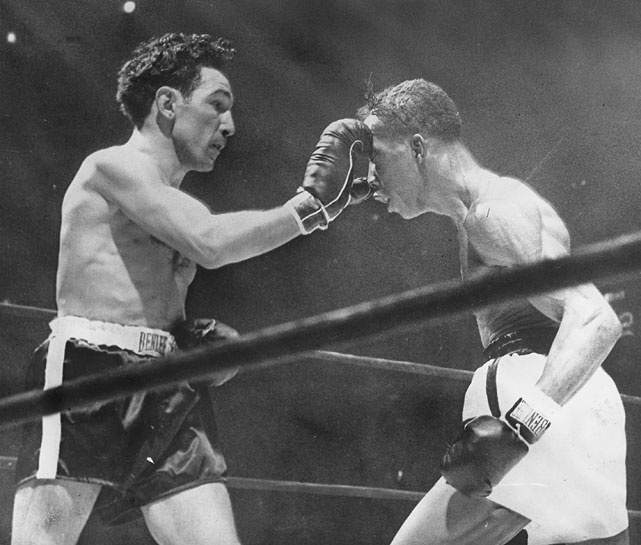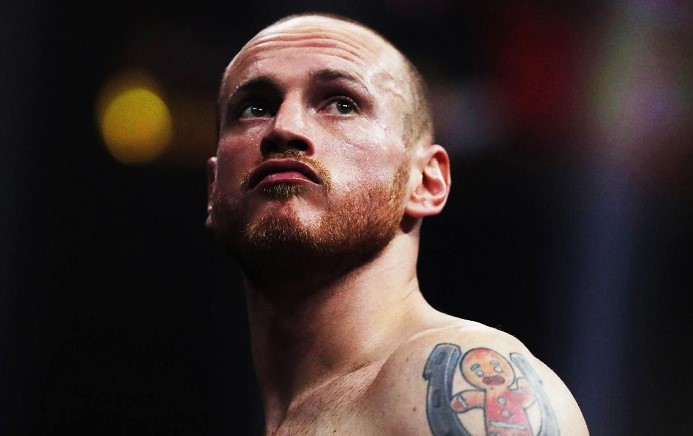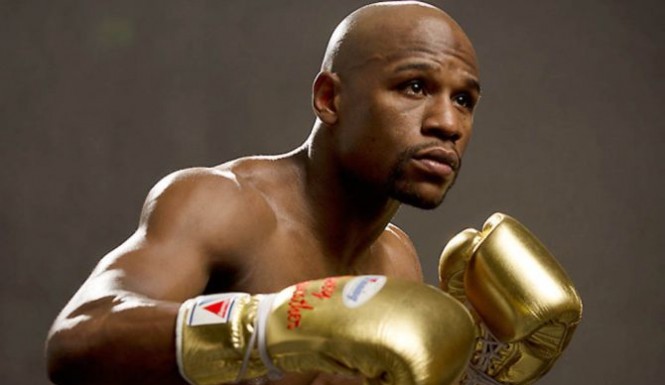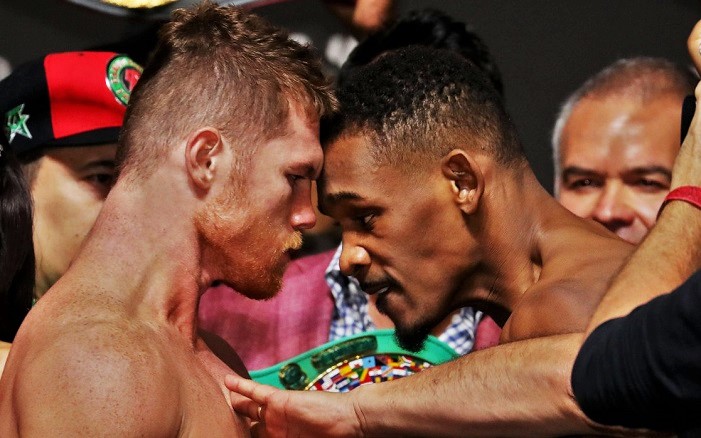In Praise of Defensive Genius
The buildup to the recent Bernard Hopkins vs Chad Dawson fiasco provided ample opportunity for boxing commentators (as well as bloggers) to throw around the term “defensive genius” like it was confetti in reference to B-Hop. I’ll keep things honest and state right away that I’ve never been a big fan of Bernard. While I respect his accomplishments in the ring and I find the arc of his life story inspiring, there’s something about his style that doesn’t sit well with me. Specifically, I’m talking about the way he seeks to gain an edge by exploiting the thin line between legality and illegality. Bernard is the kind of competitor that believes in the adage ‘it ain’t cheating if you don’t get caught,’ and it in fact caught up to him last week when his opponent refused to put up with his nonsense. But the point here is not to deride Bernard’s antics or to discuss boxing’s most recent, and successful, attempt to shoot itself in the foot. The point, instead, is to reflect on a few things related to those most extraordinary of boxers: the defensive geniuses.
When I hear the term “defensive genius,” I don’t think Bernard Hopkins; I think instead Willie Pep and Pernell Whitaker, Wilfred Benitez and Floyd Mayweather Jr. For me, such defensive wizards are the most extraordinary of boxers. Unfortunately, they are not remembered or talked about in the same way people talk about great blood-and-guts warriors like Arturo Gatti or Matthew Saad Muhammad.
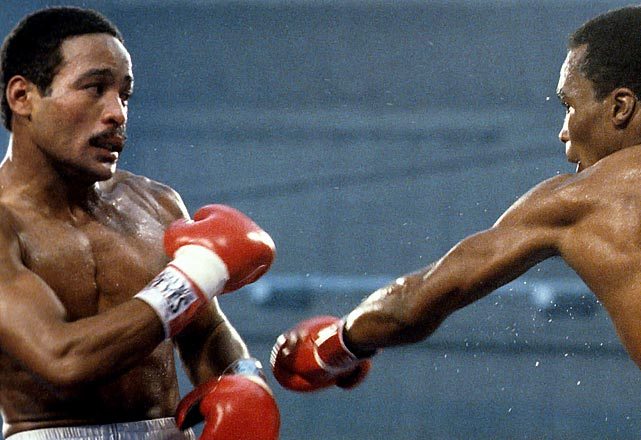
There are two main differences in the attitude of the boxing public towards defensive geniuses and towards ‘exciting’ fighters. First, fewer people remember or talk about defensive geniuses than they do more ‘exciting’ fighters. The appeal of the ‘exciting’ fighters approaches universality more easily than that of defensive fighters. Second, when people talk about defensive geniuses they do so in revered, hushed tones, while the tone used for talking about ‘exciting’ fighters tends to be filled with excitement itself. And there’s something else. It seems to be a lot easier for both hardcore and casual fans to ‘love’ exciting fighters, while the attitude towards defensive geniuses is one of respect and admiration, but not affection.
I will not be the first to submit that the main reason for this is that a true appreciation of defensive genius demands a greater commitment on the part of the fans. It requires more attention, more careful observation of every maneuver, every movement. In addition, it requires a measure of intellectual effort in order to understand why the defensive fighter moves as he does and how it influences the course of the fight. There are aesthetic qualities and even elegance in true defensive genius. At its best, it relies on a rare combination of intellect, efficiency and flawless execution. A defensive fighter ducking a punch and landing a perfect counter, all in the same fluid motion, is a display of class that will never be matched by the brawler that has to eat three jabs in order to land a right cross.
As in many other sports, offense in boxing is what sells. Offense is exciting to watch. Offense is the first thing that those walking into a boxing gym for the first time want to learn. Offense causes cuts, knockdowns, and knockouts. Offense hurts and creates drama. Offense is action.
On the other hand, defense is more closely related to the concepts of safety and pragmatism. Safety is not generally an exciting concept. There’s nothing exhilarating about buckling your seatbelt, paying your insurance, or checking your fire alarm every three months. But defence in boxing, maybe more than in other sports, gives a boxer a large edge over his opponent.

Mastering defence in boxing requires discipline, focus, sharp reflexes and coordination, as well as quick thinking in order to adapt to the opponent’s patterns. This way, the defensive fighter can exploit vulnerabilities in the opponent’s style. A defensive fighter does not hope for the single punch that changes the momentum of the fight; he knows the odds are too low. Neither does he throw 100 punches per round hoping enough of them will land; he knows the effort of doing that exceeds the potential benefit. Instead, he controls the pace of the fight, neutralizes his opponent’s weapons, and attacks when he can do the most damage. He thinks and then he executes, all at lightning-quick speed.
An average defensive fighter can make a good offensive fighter look like a bum. It’s true that styles make fights, but the best defensive fighter will beat the best offensive fighter, and any other fighter, anytime. And after having said all that, all I can do now is hope for Manny and Floyd to finally get in the ring and test that last hypothesis.
— Rafael Garcia

